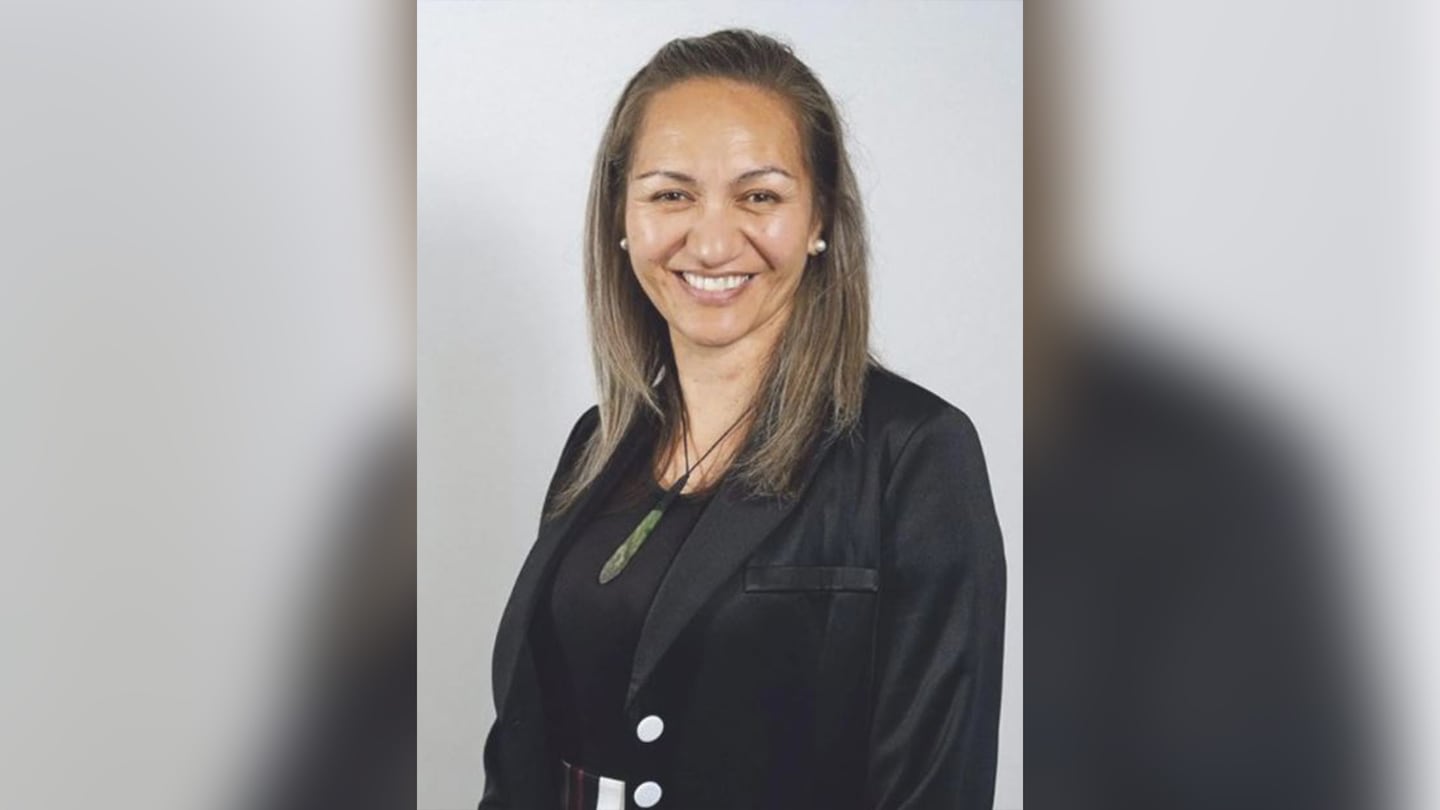Kawerau District Council has ranked central government reforms as the leading risk to its ability to serve its community.
A report from chief executive Morgan Godfery ranking the council’s top eight external risks was received at a meeting of its audit and risk committee on Monday. Legislative and regulatory changes creating higher costs or reducing subsidies was at the top of the list and one of four ranked as “high”.
The government is currently working on a raft of reforms that will affect councils, including new water management policy and changes to the Resource Management Act.
Kawerau’s council report listed the repeal of the Natural and Built Environment Act, the proposed fast-track consenting system and Local Water Done Well as just some of the reforms that “drain significant staff time in understanding the implications and compliance burdens”.

Legislative and regulatory changes were also mentioned further down the list, among four risks ranked “moderate”, as a contributing factor to damage to the trust of residents, especially in regard to changes to drinking water.
Mayor Faylene Tunui agreed the volume of reform, combined with a decline of trust in Government, was most difficult from a local governance perspective.
“Just of late, we’ve had the Māori wards, we’ve got the fast track (consenting), we’ve got the local water that’s been renamed from the three waters.”
The council is having to explain the changes to the community while operating in an environment of declining trust for all levels of government, she said.
“It’s not easy when there’s a lot coming down the road all at the same time.”
Godfery said the lack of predictability in the reforms made the impact on workflows difficult to manage.
“Already, this list has been rendered slightly redundant in that Local Water Done Well reforms came up in the second of three bills last week, since this report was written.”
This provided more detail as to what the water service plan should include, whilst leaving further details for the final bill at the end of the year, he said.
“So, even with that second step from central government the work programme is still not clear other than we know that it will be very significant.”
Godfery said in researching the report, all the councils he looked at also ranked legislative and regulatory changes as their top risk along with managing later workflow impacts.
Working together with other local councils across the region was given as one example of how he was attempting to mitigate these risks.
Three other risks that were ranked “high” were inability of ratepayers to pay rates due to economic slowdown, the potential for cyberattack, and failure to attract and retain good staff.
The report noted that between January and May this year, the council had three operations and services general managers, though Hanno van der Merwe, who left the position in April this year, had worked for the council for over seven years.
Three other risks were ranked “moderate”. Weather events causing interruption to business was one of these. A small landslide behind the River Road water treatment plant in May was given as an example.
Failure to innovate and meet evolving community needs caused by the organisation’s small size, limited financial resources and high workloads was another moderate risk. A lack of cash liquidity compared to previous years was also identified. This was largely due to cash being tied up in residential investments.
Godfery said the risks listed had been customised to the Kawerau council’s own circumstances from insurance company Aon’s list of top 12 public sector risks. Council management would continue to update the framework and invited elected members to identify any risks they felt were relevant.
LDR is local body journalism co-funded by RNZ and NZ On Air.




